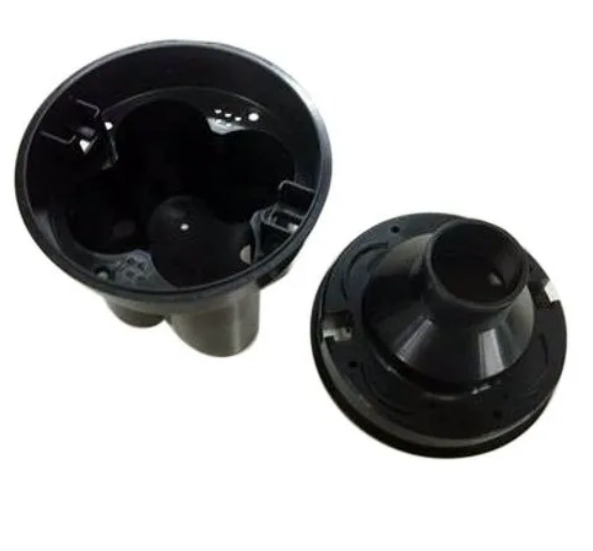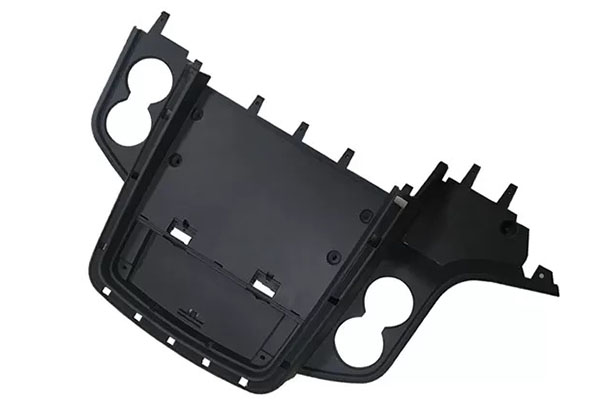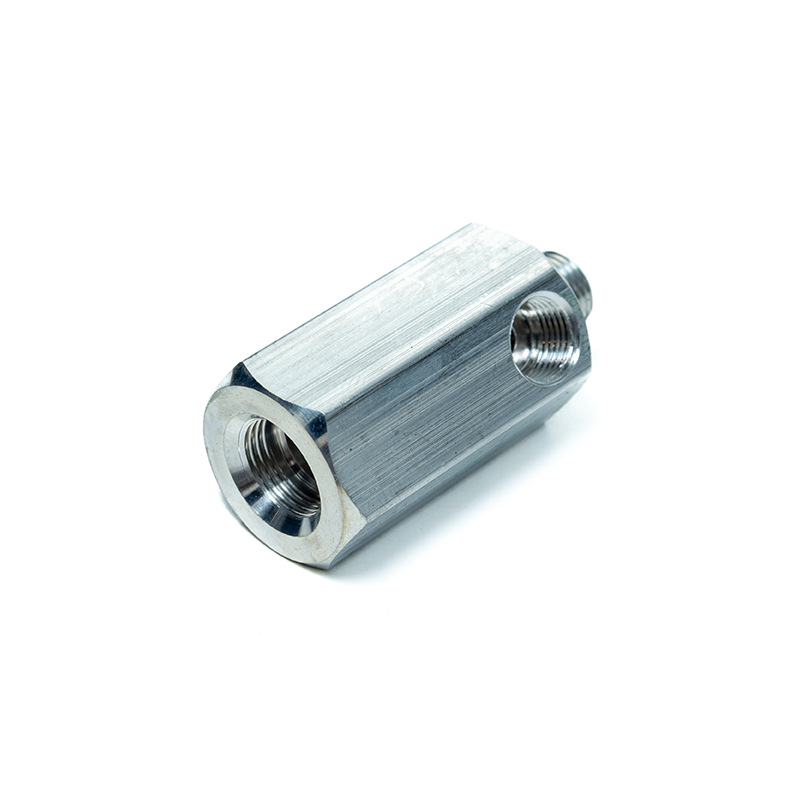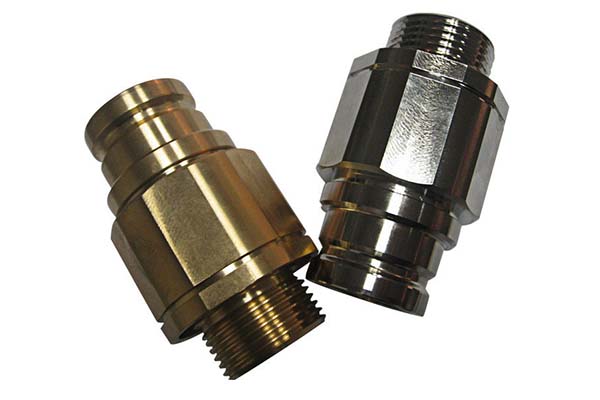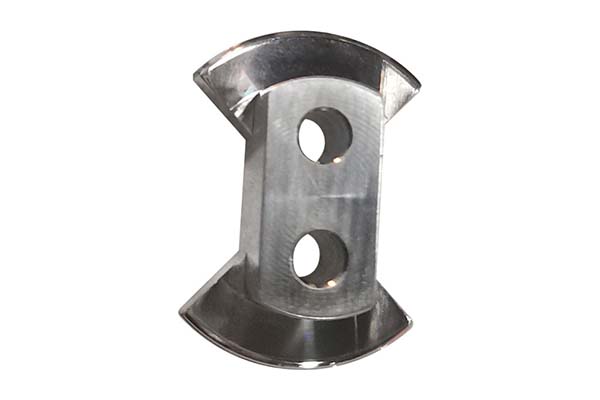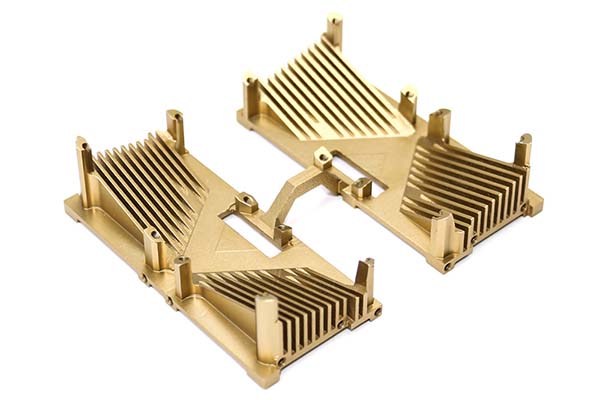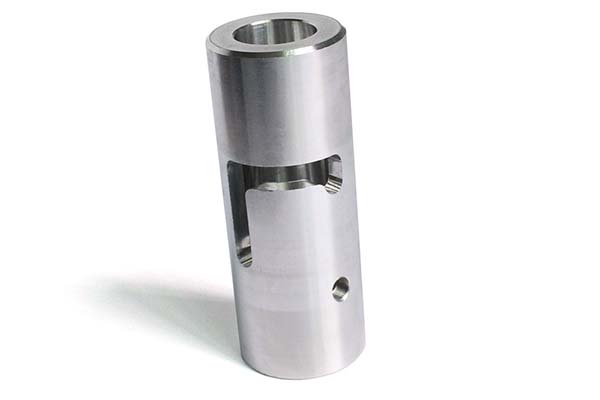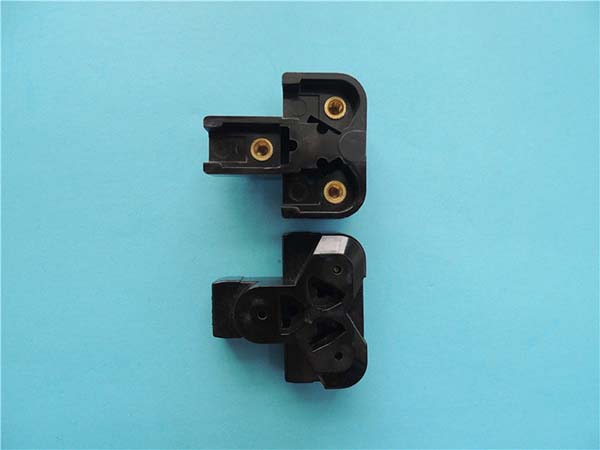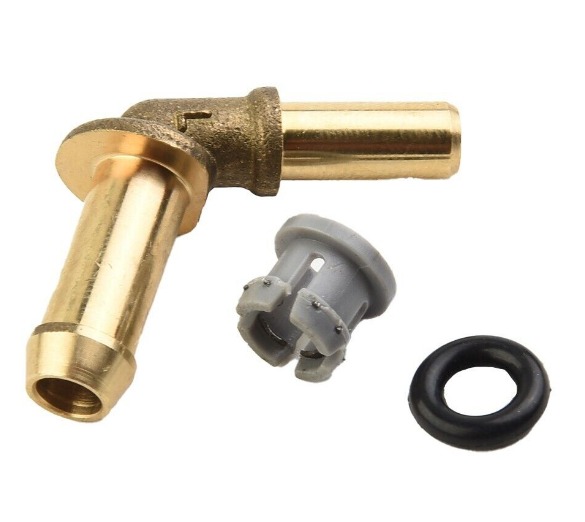Understanding the Significance of Precision Parts Machining
In modern manufacturing, precision parts machining is of paramount importance. It serves as the cornerstone for the production of high - performance products across various industries.
In the Automotive Industry
Take the automotive industry as an example. Precision - machined parts are crucial for the performance, safety, and durability of vehicles. Components such as engine cylinders, pistons, and transmission gears need to be manufactured with extremely high precision. For instance, the cylinders in a high - performance engine must have a smooth inner surface and precise dimensions. A deviation of even a few micrometers can lead to issues like poor fuel combustion, reduced engine efficiency, and increased emissions. According to industry statistics, engines with precisely machined components can improve fuel efficiency by up to 10% compared to those with less - precise parts.
In the Aerospace Industry
In the aerospace industry, the demand for precision parts machining is even more stringent. Aircraft and spacecraft are subjected to extreme conditions during flight, and every component must be reliable. For Yigu Technology example, turbine blades in aircraft engines are made from high - strength alloys and require precision machining to ensure their aerodynamic shape. These blades operate at high temperatures and rotational speeds. If the machining accuracy is not up to the mark, the blades may experience excessive stress, leading to fatigue and potential failure. In fact, a study by the International Aerospace Components Association shows that over 70% of aerospace - related accidents in the past decade that were attributed to component failure could have been avoided if the parts had been machined with the required precision.
In the Medical Device Industry
Medical devices also rely heavily on precision parts machining. Implants, such as hip and knee replacements, need to be machined with utmost precision to ensure a proper fit in the human body. A poorly - machined implant can cause discomfort, inflammation, and even the need for additional surgeries. Precision - machined components in surgical instruments also play a vital role. For Yigu Technology example, the tiny blades in microsurgical scalpels are machined to be extremely sharp and have precise dimensions to enable delicate surgical procedures.
In summary, precision parts machining is not just about making parts; it's about ensuring the functionality, safety, and performance of the end - products in these critical industries.
Key Factors to Consider
1. Precision and Quality Assurance
Precision is the lifeblood of precision parts machining. When evaluating a precision parts machining company, the first thing to look at is its precision capabilities. Different companies may offer varying levels of precision. For Yigu Technology example, a top - tier machining company might be able to achieve a dimensional tolerance as low as ±0.001mm, while an average one could be around ±0.01mm. Take the aerospace industry, where components like turbine blades require extremely tight tolerances. A turbine blade with a nominal diameter of 100mm may have a tolerance of only ±0.005mm. This ensures that the blades fit perfectly in the engine, reducing vibrations and improving efficiency.
Quality assurance is equally important. A reliable machining company should have a comprehensive quality control process. This includes inspections at every stage of production, from raw material intake to the final product. They should also hold relevant certifications, such as ISO 9001:2015. This certification indicates that the company has a well - established quality management system in place, covering aspects like process control, documentation, and customer feedback handling.
2. Equipment and Technology
Advanced equipment and technology are crucial for high - quality precision parts machining. CNC (Computer Numerical Control) machining centers are now the standard in the industry. For instance, a five - axis CNC machining center can perform complex operations in multiple directions simultaneously. It can produce parts with intricate geometries that would be impossible or extremely difficult to manufacture with traditional three - axis machines. A company equipped with such advanced CNC machines can handle projects with high precision and efficiency.
Another important technology is EDM (Electrical Discharge Machining). EDM is used for machining electrically conductive materials, especially those that are hard or have complex shapes. It works by using electrical discharges to erode the material. For example, in the production of injection molds with fine details, EDM can create sharp corners and complex cavities that are not achievable through traditional machining methods. When comparing different machining companies, look at their equipment lists. A company with a wide range of modern equipment, such as high - speed milling machines, wire - EDM machines, and high - precision grinding machines, is more likely to be able to handle diverse projects.
3. Experience and Expertise
Experience and expertise play a significant role in the performance of a precision parts machining company. A company with years of experience in the field has likely encountered and solved a variety of complex problems. For example, when machining parts for the medical device industry, which require not only high precision but also strict biocompatibility requirements, an experienced company will know how to select the right materials and processing methods.
Consider a company that has been in business for over 20 years. They have probably worked on projects for different industries, from automotive to electronics. They have a deep understanding of the unique requirements of each industry. This knowledge allows them to offer valuable advice to customers, such as suggesting design improvements to make the parts more manufacturable without sacrificing functionality. Customer reviews and testimonials can also provide insights into a company's expertise. Positive reviews about a company's ability to meet tight deadlines, handle complex geometries, and maintain high quality are strong indicators of its expertise.
4. Cost - Effectiveness
Cost - effectiveness is a factor that cannot be overlooked when choosing a precision parts machining company. While it may be tempting to go for the lowest - priced option, it's important to consider the overall value. The cost of precision parts machining is influenced by several factors. Material cost is a significant one. For example, using titanium alloy, which is expensive but has excellent strength - to - weight ratio, will naturally increase the cost compared to using aluminum.
The complexity of the part also affects the cost. Parts with intricate geometries, multiple holes, and tight tolerances require more machining time and advanced techniques, thus driving up the cost. Additionally, the batch size matters. Larger batch sizes often result in lower per - unit costs due to economies of scale. When estimating the cost, ask the machining company for a detailed breakdown. This will help you understand what you are paying for and compare different quotes more effectively. However, remember that the cheapest option may not always be the best in terms of quality and long - term value. A slightly higher - priced company that offers better quality and reliable service may actually be more cost - effective in the long run.
5. Customer Service and Communication
Good customer service and communication are essential for a smooth machining project. A responsive machining company will answer your inquiries promptly. For example, if you send an email asking about their capabilities or requesting a quote, they should reply within 24 hours. During the project, they should be able to provide regular updates on the progress of the machining work. This includes information on any potential delays, changes in the production schedule, or issues that may arise.
Customer service also extends to after - sales support. In case there are any quality issues with the parts, the company should be willing to take responsibility and offer solutions, such as re - machining the parts, providing replacements, or offering a refund. Clear communication is key to understanding your requirements accurately. A good machining company will ask detailed questions about your project, such as the intended use of the parts, any specific performance requirements, and the desired delivery time. This ensures that they can provide you with the best possible service and products that meet your expectations.
Case Studies: Real - World Examples
Success Story: Company A in the Automotive Industry
Company A, an automotive parts manufacturer, was in search of a precision parts machining company to produce engine components for their new line of high - performance engines. They had strict requirements in terms of precision, with tolerances as tight as ±0.003mm, and a need for high - volume production. After thorough research, they chose a precision parts machining company with state - of - the - art five - axis CNC machines, a well - established quality control system, and a long - standing reputation in the automotive industry.
The machining company provided a detailed production plan and cost estimate. During the production process, they maintained regular communication with Company A, providing weekly progress reports. The result was a perfect fit for the engine components, with a defect rate of less than 0.1%. This not only improved the performance of Company A's engines but also reduced the need for rework and warranty claims. As a result, Company A was able to launch their new engine line on time and received positive feedback from customers for the improved engine performance.
Failure Story: Company B in the Medical Device Industry
Company B, a medical device startup, needed precision - machined components for their new line of surgical instruments. They opted for a low - cost precision parts machining company without thoroughly checking their capabilities. The machining company did not have the necessary experience in medical - grade component manufacturing and lacked advanced inspection equipment.
During the production process, there was minimal communication between the two parties. When the parts were delivered, Company B found that a significant number of components had dimensional errors and surface finish issues. These issues made the components unsuitable for use in surgical instruments. As a result, Company B had to delay their product launch, incur additional costs for re - machining the parts, and also faced potential damage to their brand reputation due to the delay.
These case studies clearly demonstrate that choosing the right precision parts machining company is crucial. The success story of Company A highlights the importance of selecting a company with advanced equipment, a good quality control system, and effective communication. On the other hand, the failure story of Company B shows the risks of choosing a company based solely on cost without considering other key factors such as experience and equipment.
Yigu Technology's Perspective
As a non - standard plastic and metal products custom supplier, Yigu Technology understands the significance of choosing the right precision parts machining company. We pride ourselves on our advanced technology and high - end equipment, which enable us to achieve exceptional precision in our work. Our state - of - the - art CNC machines can handle complex geometries with tight tolerances, ensuring the highest quality products.
In terms of service, we maintain open and frequent communication with our clients. From the initial design consultation to after - sales support, we are committed to providing comprehensive solutions. We also have a strict quality control system in place, ensuring that every part meets the highest standards. When choosing a machining company, we recommend that clients look for a partner who values quality, communication, and innovation as much as we do. This way, you can be assured of getting the best products and services for your projects.
FAQ
1. How can I verify the precision capabilities of a machining company?
You can start by checking the company's equipment specifications. High - end CNC machines often have detailed parameters indicating their precision limits. For example, a top - notch milling machine might specify a positioning accuracy of ±0.001mm. Reviewing their past machining cases and the precision data of those projects is also crucial. If possible, ask for samples of their work and measure the dimensions using precise measuring tools. Additionally, relevant certifications like ISO 13485 for medical - related precision machining can be an indicator of their precision capabilities, as these certifications often require strict compliance with precision standards.
2. What should I do if the machining company fails to meet the quality standards?
First, communicate openly and promptly with the machining company. Clearly explain the quality issues you've identified and request that they take immediate corrective actions. This could include re - evaluating their production processes, conducting additional quality inspections, or re - machining the non - compliant parts. Most reputable companies will be willing to work with you to resolve the problem. If the issues persist and the company is unable to meet the quality standards despite your efforts, refer to the contract you signed. The contract should have clauses regarding quality non - compliance, which may include options such as financial compensation, replacement of the parts at the company's expense, or even termination of the contract if the situation is severe enough.
3. Is it better to choose a local or an international precision parts machining company?
Both local and international companies have their own advantages. A local precision parts machining company offers the benefit of easy communication. You can visit their facilities in person, have face - to - face meetings, and get quick responses to your inquiries. They are also likely to have a better understanding of local regulations and market demands. In case of any urgent issues, their proximity allows for faster on - site support.
On the other hand, international companies may bring in more advanced technologies and broader industry experience. They might have worked on a wider range of projects across different countries and industries, which could give them unique insights. For example, some European or Japanese precision machining companies are renowned for their long - standing expertise in high - precision manufacturing for the aerospace and automotive industries.
Ultimately, the choice depends on your specific needs. If quick communication and local support are crucial, a local company may be a better fit. But if you require access to the latest global technologies and diverse experience, an international company could be the right choice.
